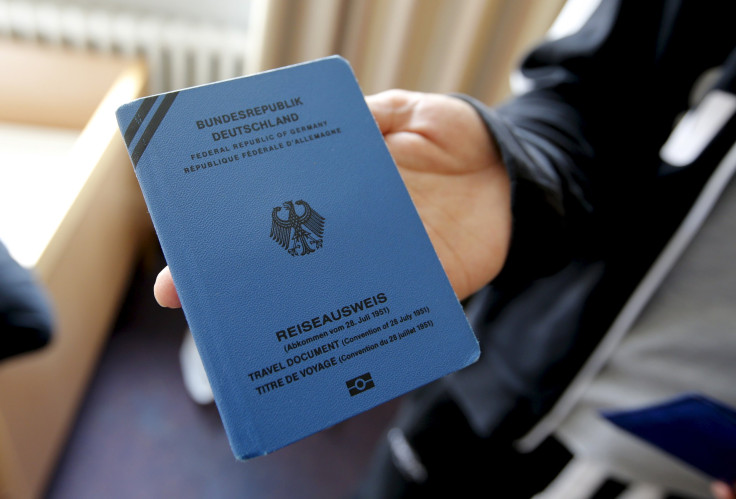Europe Refugee Crisis: German Migration Minister Frank-Jürgen Weise Turns To McKinsey For Help, Report Says

Germany has turned to the well-known U.S. management consulting firm McKinsey & Company to help address the vast influx of refugees, according to a report Tuesday.
Frank-Jürgen Weise, head of Germany’s Federal Office for Migration and Refugees (BAMF), has reached an agreement with Frank Mattern, McKinsey’s German strategy and organization director, to help coordinate a faster and more effective response to issues surrounding the processing, housing and care of refugees, the Independent reported, citing sources.
McKinsey has reportedly been criticized in Germany for turning to “stereotypical” solutions to management problems. However, Chancellor Angela Merkel approved Weise’s plan because the firm had provided similar services to the Swedish government, the sources said.
Weise, who took over as the country’s migration director only last week, has a daunting task ahead of him. He came to power after former BAMF head Manfred Schmidt resigned, citing personal reasons, after he was criticized for failing to respond to the refugee crisis quickly.
Weise must now reduce a backlog of about 276,000 unprocessed asylum applications that Germany has received so far, out of a total of at least 800,000 refugees the country is expected to take in this year, which is about five times the previous year’s number.
Weise reportedly said that he would expand his department’s staff and recruit university students in an effort to clear the backlog, while admitting that the scope of the problem “cannot be controlled.”
The massive pile-up meant that authorities have often had trouble distinguishing refugees fleeing war or persecution from economic immigrants relocating for better jobs and opportunities. Merkel recently underscored the need to filter out economic migrants. "We are a big country. We are a strong country. But to make out as if we alone can solve all the social problems of the world would not be realistic,” she said Sunday.
She has called for European Union countries to adopt binding refugee quotas to resettle a total of 120,000 people, but four Eastern European nations have formed a united front against the plan, which is set to be discussed at a critical EU summit Wednesday.
Meanwhile, German Interior Minister Thomas de Maizière pledged Tuesday to accelerate the refugee intake, saying that he envisioned a system where new asylum-seekers would immediately be able to start learning German and be offered an early possibility for work after registration.
© Copyright IBTimes 2025. All rights reserved.




















